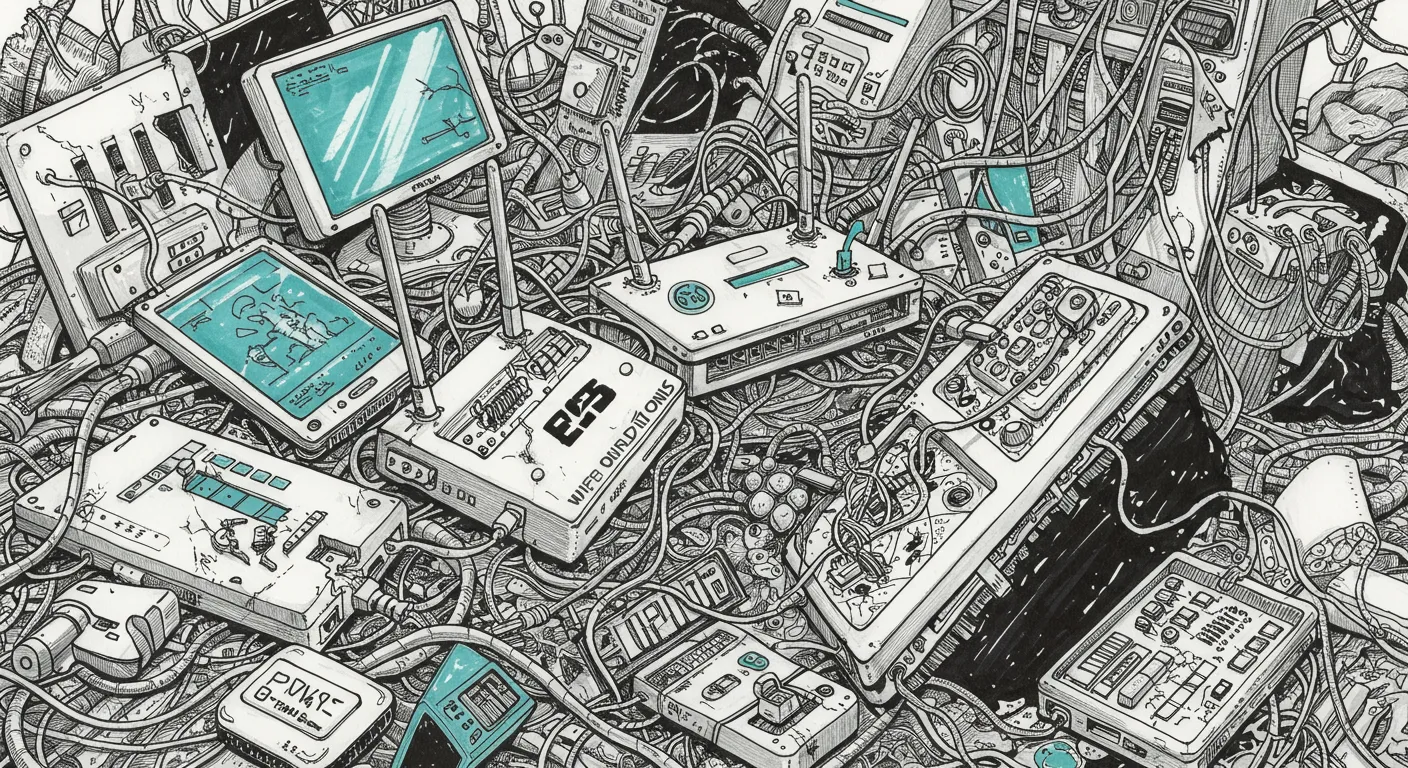In the digital age, a growing community of tech-savvy internet users are pushing back against what they see as unnecessary technological intrusion. Online commentators are increasingly frustrated with internet service providers who bundle modems with unwanted WiFi capabilities, arguing that these devices consume unnecessary electricity and create potential security and interference risks.
The discussion centers around a specific hack for Xfinity XB3 hardware that allows users to disable WiFi, potentially saving two watts of electricity. While this might seem trivial, participants argue that it represents a larger battle against corporate tech decisions that prioritize convenience over user control. Some commentators pointed out the environmental and financial implications, noting that in high-electricity-cost areas like Hawaii, even small energy savings can be meaningful.
Privacy and network congestion emerged as key themes in the conversation. Participants expressed frustration with modems that broadcast multiple hidden WiFi networks without user consent, and discussed the increasing complexity of wireless networks in densely populated urban areas. The proliferation of WiFi signals has become so intense that some users actively seek ways to minimize wireless network pollution.
The debate also touched on broader issues of consumer rights in telecommunications. Several commentators advocated for more flexible policies that allow users to fully control their internet hardware, drawing comparisons to countries like Germany that have implemented "router freedom" laws protecting consumer choice.
Ultimately, the discussion reflects a growing technological resistance movement. Users are no longer passively accepting pre-configured devices but are actively seeking ways to customize, optimize, and potentially minimize the technological infrastructure in their homes.


